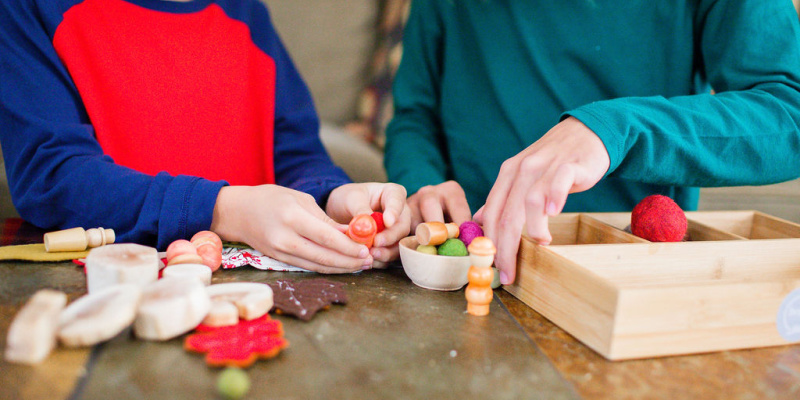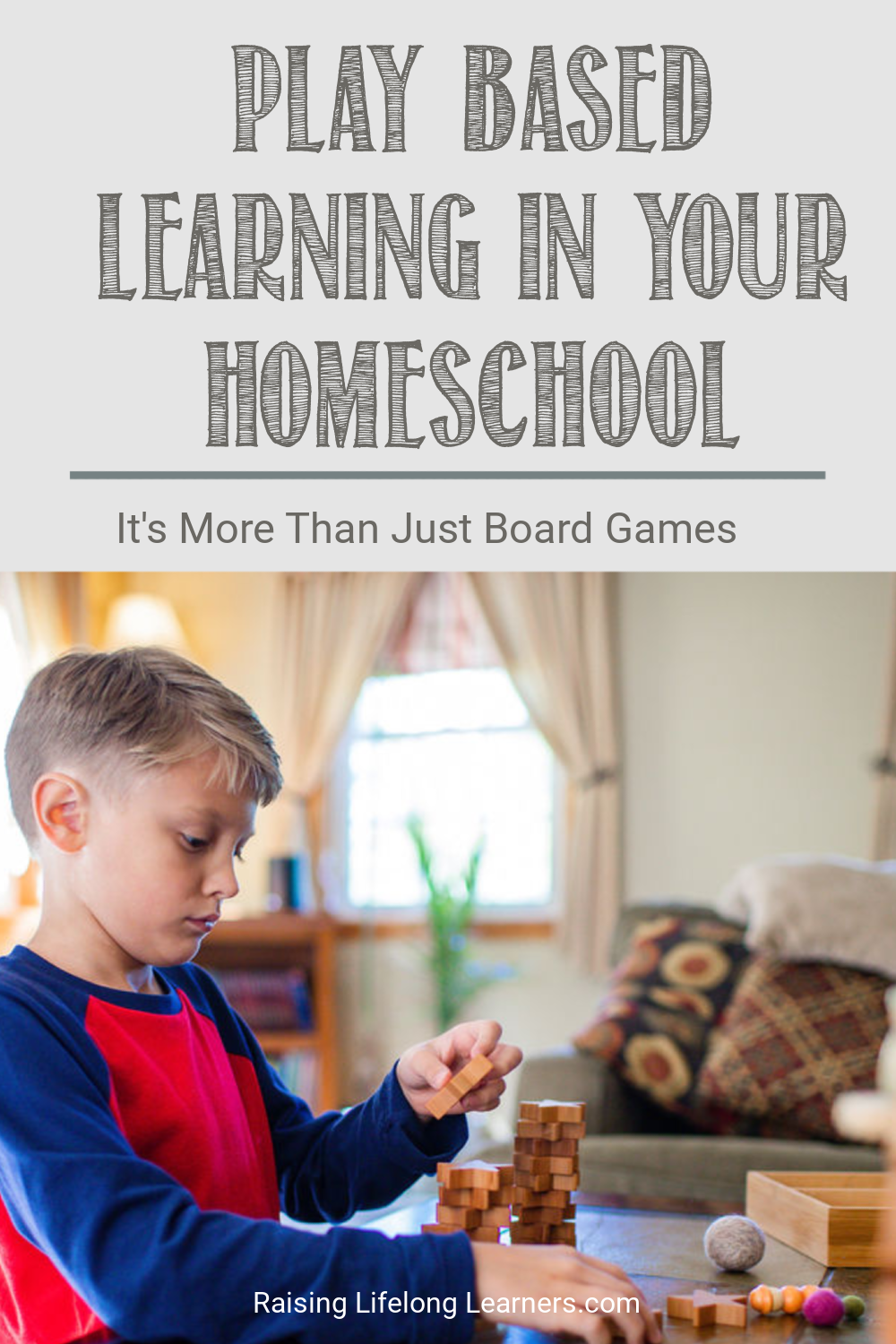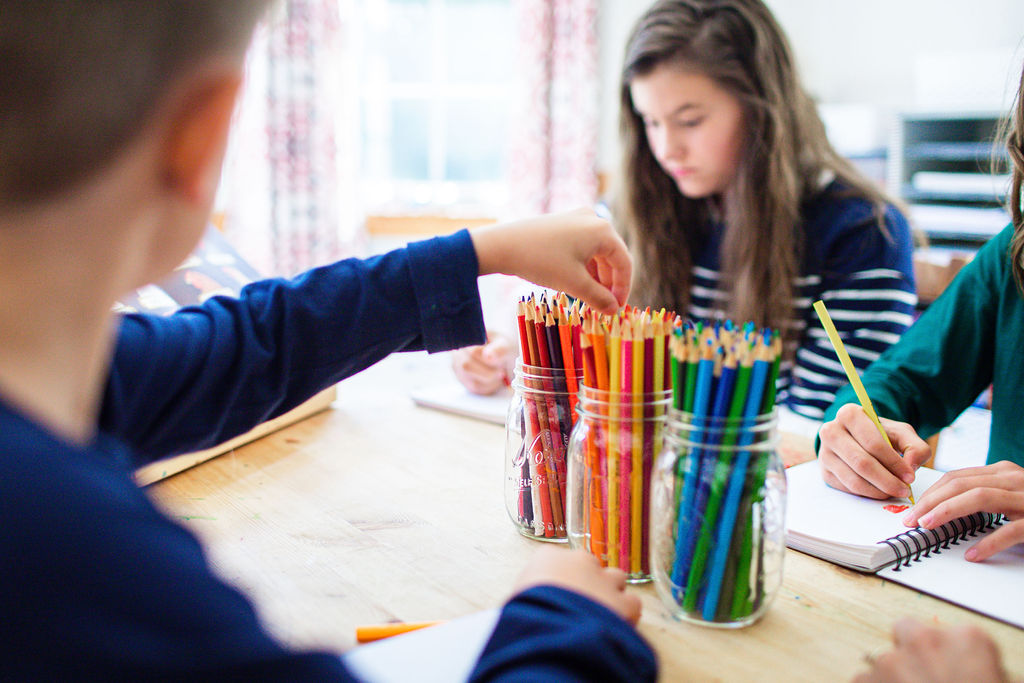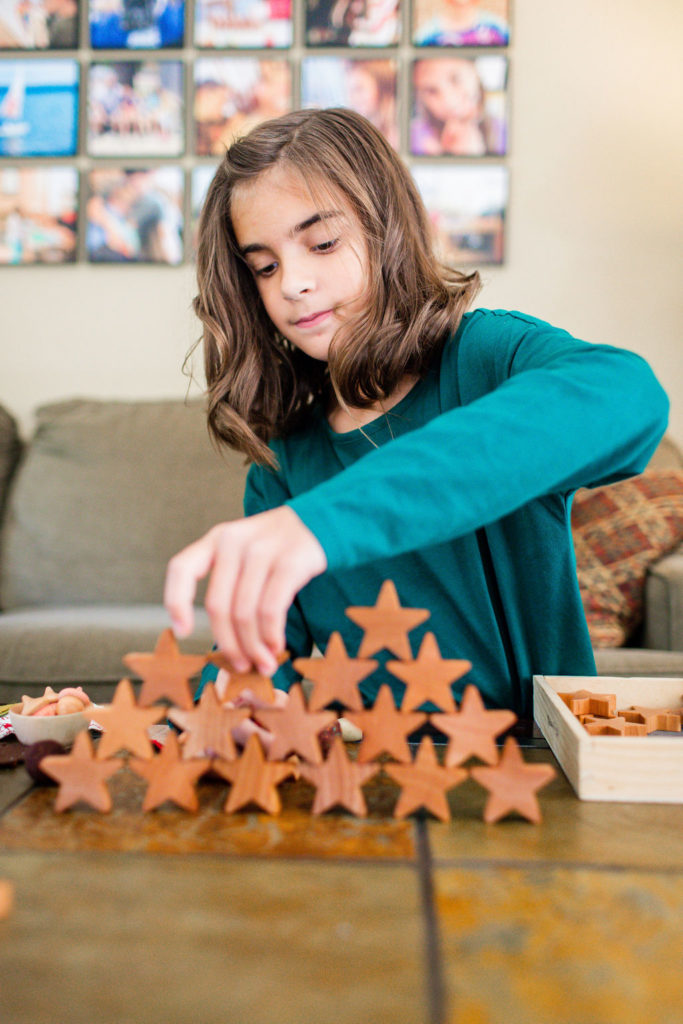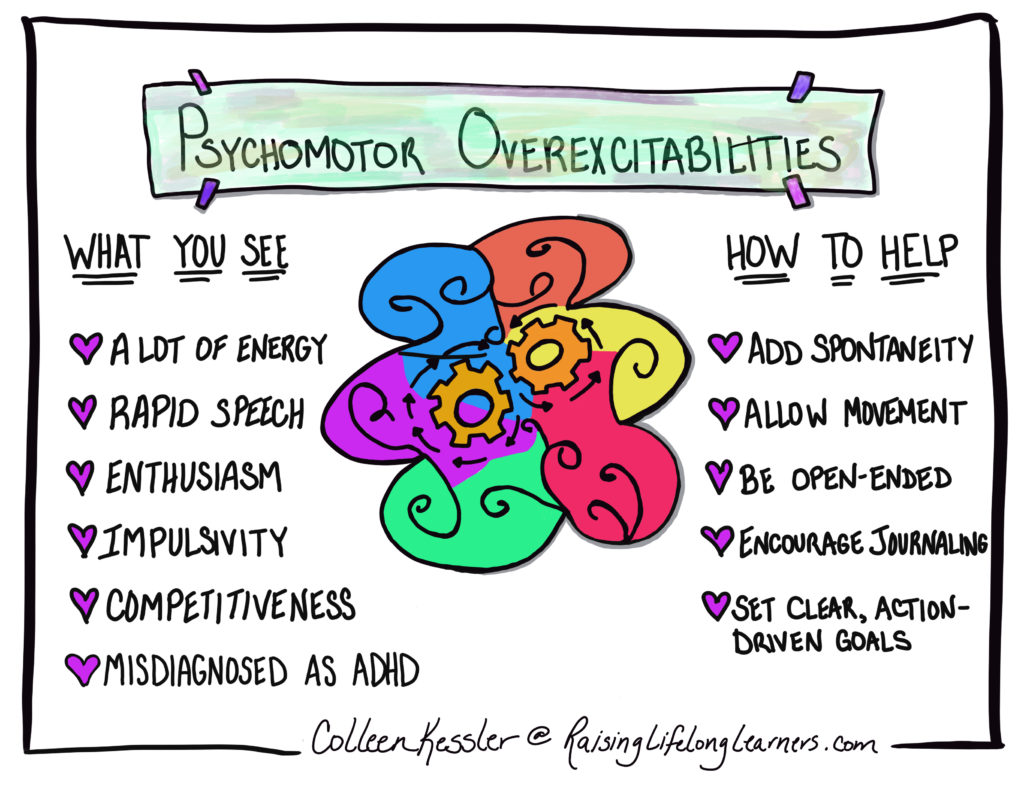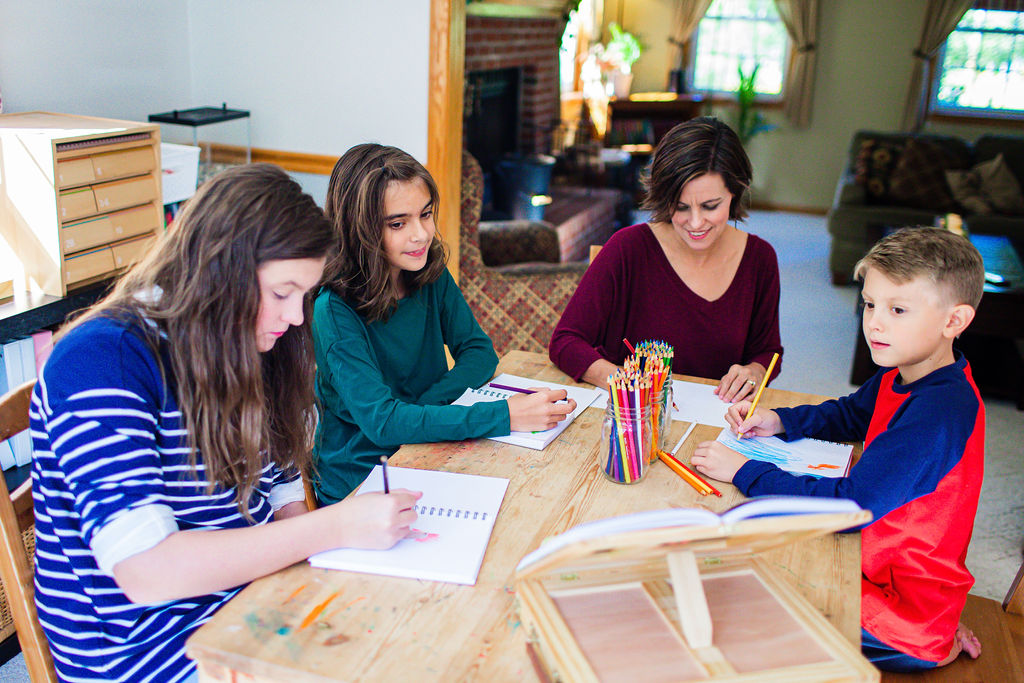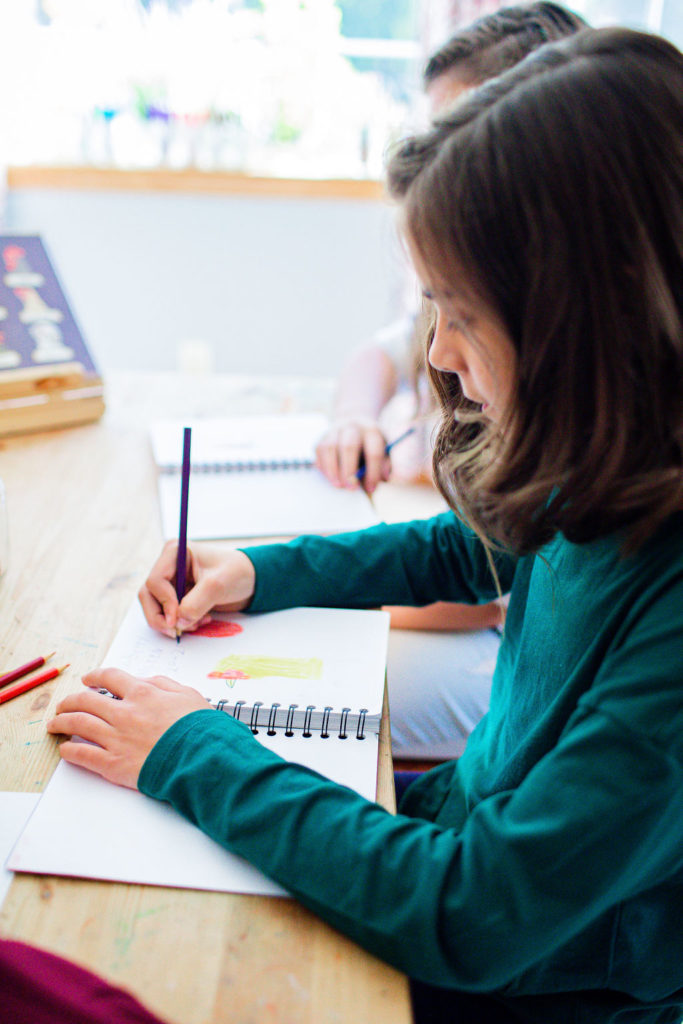Play-Based Learning In Your Homeschool: It’s More Than Just Board Games
This series is all about equipping our kids for the future with a sense of wonder, adventure, joy and encouragement. Throughout the course of this series, we are discussing child led learning and interest driven choices that we can make in our homeschool, to help prepare our children for the future. Today we are specifically exploring the power of play-based learning.
What Is Play-Based Learning?
When I refer to play-based learning, I mean more than just playing board games with your kids every day. (Although there is a huge benefit to playing games and being more playful with our kids!)
For today, I want to dive a little bit deeper into what play is, what it does for us as individuals, and why it’s important to keep playful learning going way beyond early education.
The Research Behind Play-Based Learning
Science supports the idea of play-based learning.
Years of research has concluded that play-based learning has a genuine and positive impact on kids’ learning and development. Even more so, the value of playfulness in learning extends well into adulthood. When we, as adults, want to learn something new, it’s typically not because we’re being told we need to learn it. It’s because we want to learn something for its own sake.
Play-Based Learning For Adults
Not that long ago, I took an online course. It was a two day class about visual thinking, all about taking big ideas and complex topics, and then distilling them down into icons or a graphic representation. It was so interesting to me that I ended up enrolling in a three week intensive course.
Every single day for several hours, I worked with the instructor and a small group of students to train our brains to think in a visual way. As a result, I earned a certificate in visual facilitation. I’ve used what I learned with kids in the Learners Lab community and when I’ve worked with coaching clients to create a visual map of their biggest challenges, their strengths, and action steps that they can take going forward.
Having a visual representation of our discussions has added so much depth and value.
I didn’t go into that class because I was trying to transform the conversations I’m having with families. I went into it because the initial doodles looked really fun. They engaged my creativity in a new way and sparked a deeper level of learning based on the inherent playfulness.
I kept diving deeper and deeper because it was enjoyable. As I dove deeper, I became more proficient at this kind of visual thinking. This example from my own life illustrates what the research shows – that the value of playful and play-based learning follows us long into adulthood.
A Play-Based Approach In Your Homeschool
For many of the same reasons, play-based learning in early childhood education has a tremendous impact.
It’s important for young kids to learn through play because it makes concepts more real and natural. As they engage in it deeper, it helps them make sense of their world. This is why so many preschools and kindergartens are arranged to have different learning and playing stations spread about. Early childhood educators know and value play in a kid’s day, but it’s important to remember that it doesn’t stop.
When our kids reach elementary school and start to get more curricular in their learning, they need play-based learning as well.
The Four Pillars Of Play
Kathryn Hirsh Pasek is a child development expert in the Department of Psychology at Temple University and also a senior fellow at Brookings Institution. She says that humans learn best when at least one of the four pillars of play are present.
Her four pillars of play are:
- Individuals take an active role in the learning environment
- Learners are engaged in the environment
- The information is meaningful to them
- The learners are interacting in a social context.
In a nutshell, this means that kids learn best when they’re mentally active, engaged socially, and when they can make connections to their lives.
Resources For Play-Based Learning in Your Homeschool
Play-based learning doesn’t have to fit in a box! There are many wonderful resources in the homeschool community to help you discover what works best for your family.
In addition to the various suggestions I have included in today’s episode of the podcast, you’ll find excellent recommendations from these sites, dedicated to creating out of the box approaches to learning:
- Jessica, The Waldock Way
- Cait, My Little Poppies
- Heather, Blog She Wrote
- Mary Wilson, Our Homeschool Life
We have also loved Synthesis as a play-based approach to learning for my youngest two. You can learn more about Synthesis and their innovative program here.
In addition to these resources, today’s podcast provides practical and fun examples of how to incorporate play-based learning into your homeschool.
Raising Lifelong Learners Podcast #151: Play-Based Learning In Your Homeschool
This new series is all about equipping our kids for the future with a sense of wonder, adventure, joy and encouragement. Today, Colleen specifically explores the power of play-based learning, and provides practical examples of how to incorporate it into your homeschool.
Links And Resources From Today’s Show:
- SPONSOR: Synthesis
- SPONSOR: The Learners Lab
- The Best Advice I Can Give You: Become A Student Of Your Child
- The Importance Of Play For Your Entire Family
- Interest-Led Homeschooling and Your Gifted Child
- The Ultimate Guide to Homeschooling Gifted Children
- The Waldock Way
- My Little Poppies
- Blog She Wrote
- Mary Wilson
Leave a Rating or Review
Doing so helps me get the word out about the podcast. iTunes bases their search results on positive ratings, so it really does help — and it’s easy!
-
- Click THIS link to go to the podcast main page.
- Click on View in iTunes under the podcast cover artwork.
- Once your iTunes has launched and you are on the podcast page, click on Ratings and Review under the podcast name. There you can leave either or both! Thanks so much.
Want to record your own question, comment, or have your kids tell us what they LOVE to learn about? Click below and start recording!

